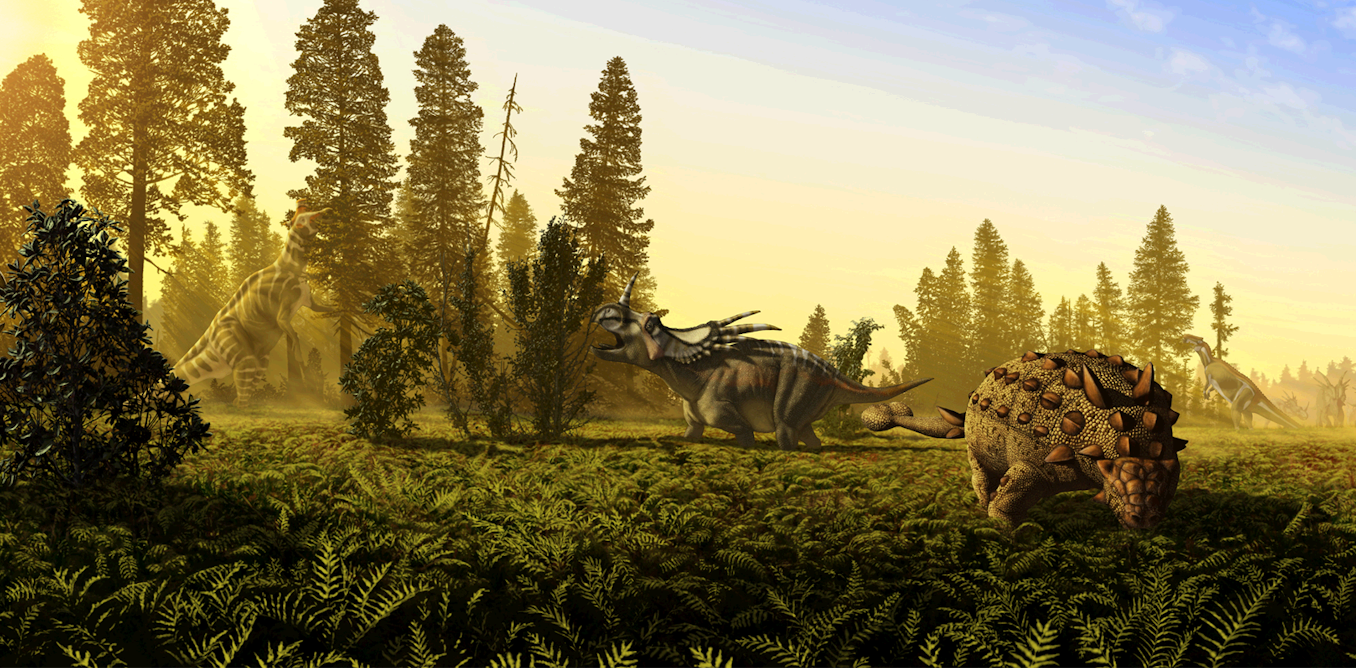Prehistoric creatures flocked to different latitudes to survive climate change – the same is taking place today
Today, Earth's biodiversity is highest at the equator – but it hasn't always been this way.
Bethany Allen, PhD Student, School of Earth and Environment, University of Leeds •
conversation
June 28, 2021 • ~8 min
June 28, 2021 • ~8 min




